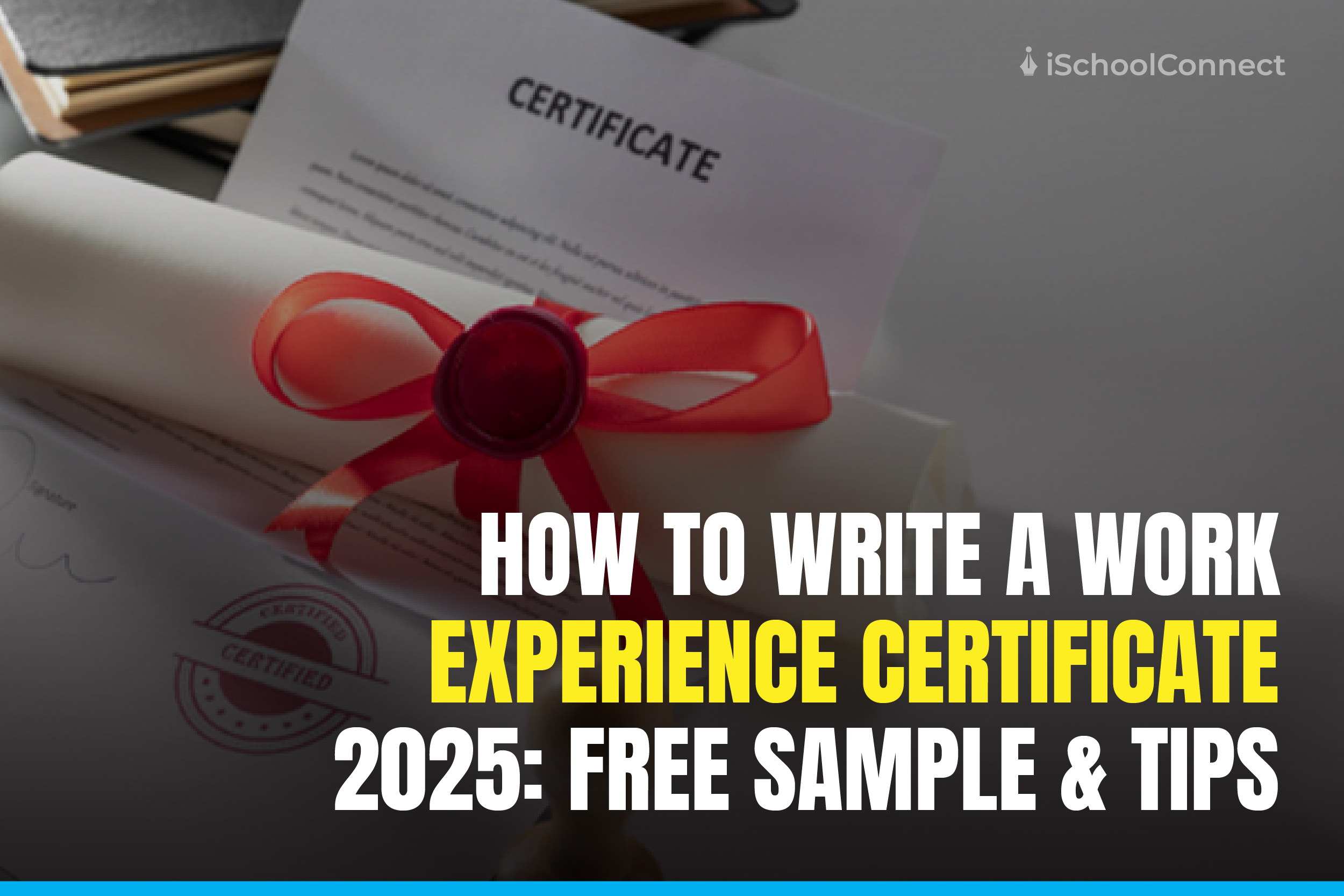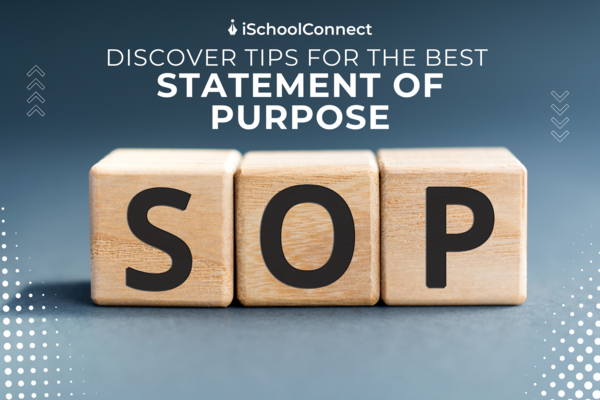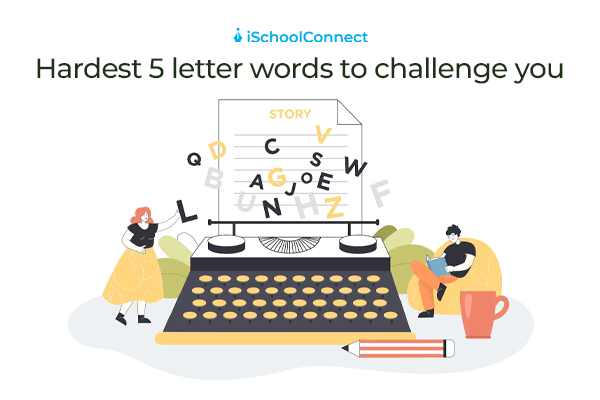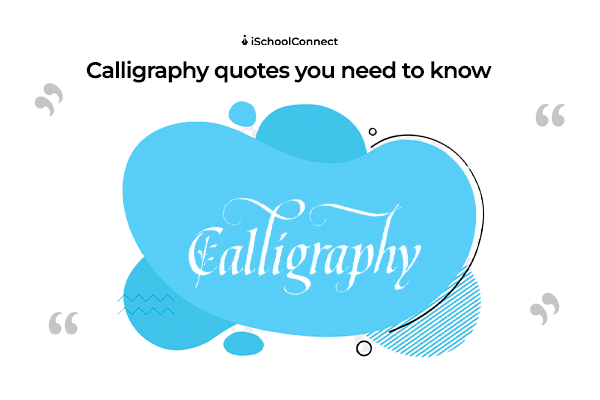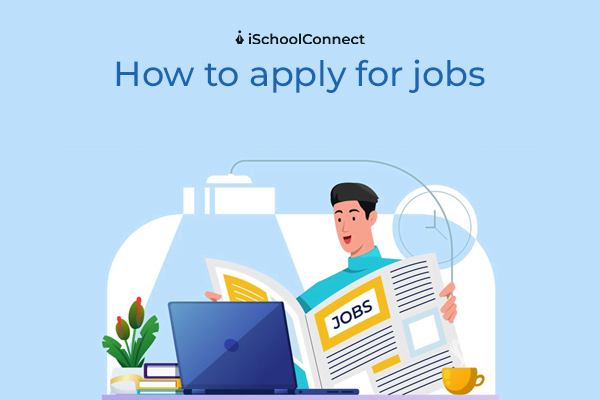Table of Contents
Each individual is unique, and our distinct personalities shape our behaviours. It’s essential to understand oneself and acknowledge personal abilities. Recognizing the strengths and weaknesses of a person not only enhances performance but also showcases the valuable insight sought by teachers, professors, and prospective employers. Weaknesses highlight areas for improvement, which, once recognized, can be developed.
Students worldwide encounter challenges like exam anxiety, future planning, competition, personal growth, and distractions. In this blog, we aim to dissect strengths and weaknesses, aiding students in identifying and working on them. When planning to study abroad, this self-awareness can be invaluable. It helps students make informed decisions, choose courses aligned with their strengths, and address weaknesses, contributing to a successful international academic journey.
Take a look at the list below to see if any of the most common student strengths and weaknesses resonate with you.
Strengths | Factors Which Benefit
Discipline
Discipline is a way of realizing what is acceptable and unacceptable behavior. It develops the character and makes you stronger and more self-reliant. Discipline also improves your analytical abilities.
It teaches one to defer gratification, reject unwanted inclinations, and endure hardship to achieve long-term aspirations. Therefore, it’s important to identify the tools you need to develop self-control as well as opportunities to practice making good decisions.
Read More: How to write the perfect discipline essay?
Problem-Solving Skills
People with good problem-solving skills are often happier, more confident, and more liberated. Students grow resilient when they face difficulties on their own or in a group. They also learn to approach problems from a different vantage point.
You can improve your social and situational awareness by practicing problem-solving regularly. It will also help you develop empathy and gain more positive attributions. Problem-solving abilities are critical for academic and social success.
Discover: Athletic Motivational Quotes to Inspire You!
Focus
Focus is a thinking skill made up of three distinct yet intertwined executive functions:-
- Task initiation: The capacity to begin an activity without any procrastination.
- Sustained attention: It is the ability to retain one’s focus and attention in the face of distractions and other activities.
- Task persistence: Persistence is the capacity to create an attainable goal and devote consistent effort and attention to achieving that objective.
Critical Thinking
Critical thinking is the ability to objectively consider, research, and analyze an issue or idea to arrive at an impartial opinion. Instead of following the masses, critical thinkers form their conclusions based on sound data and reasoning. They rely on their critical and independent thinking abilities.
In a liberal education approach, where students are taught how to think rather than what to think, improving a student’s critical thinking is a very important skill to have.
Time Management
Time, like money and energy, has its own set of constraints. To get the most out of it, one should handle it well. Time management is defined as the process of planning and regulating one’s time per one’s needs. Important abilities are required for students to efficiently manage their time.
Students who can prioritize tasks and complete studies and assignments on time are more likely to succeed. They are well-equipped to plan ahead, work out a schedule for assignments and other personal duties, and make better use of that time. Additionally, during study abroad exams like IELTS, TOEFL, GRE, and GMAT, well-honed time management skills prove invaluable. Students can strategically allocate study time, enhancing their preparation and performance ultimately increasing their chances of securing admission to international universities.
Explore: Top 10 Quotes that Pushes Students Towards Success
Weaknesses | Factors to Work On
Anxiety
Many students experience anxiety when they believe they will be unable to attain their academic or non-academic objectives. On the other hand, anxiety can motivate students to think critically about how to achieve their objectives. Students must manage their anxiety to maintain their mental health by-
- Self-care (Exercise)
- Talking to someone (a professional if needed)
- Eat healthy and get enough sleep
- Take a break from social media
Aversion to Criticism
Accepting criticism is difficult. Even well-intentioned criticism can make us feel embarrassed, underappreciated, or just plain furious, depending on the context. Criticism, however, is an inescapable aspect of life. It is important to take any criticism with a grain of salt and look into it to understand how to improve.
So, how can we use this to cultivate a good, long-term relationship with criticism?
- Praise effort rather than intelligence or ability.
- Focus on the method rather than on personal characteristics.
- Listen to the criticism and reiterate it.
- Step back and reflect
Read: 5 Popular types of interview styles you should know!
Distraction
When you’re attempting to maintain your grades, work a part-time job, and/or maintain relationships, studying might be daunting. Push alerts, text messages, social media notifications, and phone calls keep the majority of the students occupied. According to studies, “the typical student” is “distracted for at least five out of every fifteen minutes set aside to study”.
Some ways to avoid the distractions–
- Make a to-do list to help you stay organized
- Turn off notifications on your phone
- Break down large tasks into manageable part
- To reduce noise, listen to music or use headphones
- Find the most conducive setting for productive studying
- Organize and clean up your workspace
Fear of Failure
Students who want to achieve are typically fearful of failing, which is understandable. Parents are also terrified of their children failing academically because so much of today’s society appears to rely on academic performance for upward mobility.
Failure is beneficial to learning. When students fail at a task, it signifies that they cannot overcome certain setbacks. This means it is better to help them understand how to overcome this so they can learn, grow, and ultimately thrive.
Overcome fear of failure by–
- Embracing failure as an unavoidable factor in life
- Self-compassion
- Developing a resilient mindset
- Set smaller goals that are possible to achieve.
Also read: 110+ Famous Quotes and Thoughts in English
Key Takeaways
- Knowing the strengths and weaknesses of a person may benefit in gaining a better understanding of oneself and how to function at one’s best.
- You feel better about yourself while finding your strengths and weaknesses because you know you can accomplish anything with that knowledge.
- Identifying things that will help you understand what you excel at to set higher goals and accomplish them.
- Knowing yourself also allows you to identify the impediments preventing you from reaching your full potential. Then, you may focus on these areas so that your weaknesses don’t keep you back.
We hope you liked this blog about how you can study in Germany for free. If you have any doubts, feel free to reach out to us. We would love to hear your thoughts in the comments section below!
Liked this blog? Read: HR interview questions and answers for freshers frequently asked
FAQs
Ques 1: How to answer the strengths and weaknesses of interview questions?
Answer 1: When it comes to discussing your strengths and weaknesses at an interview, the goal is to use the opportunity to show that you’re the best fit. Do mention your weaknesses, but make sure they don’t clash with the job itself.
For example, if the job requires excellent research skills, your weakness shouldn’t say you need to improve on your research skills. Prepare beforehand for a question like this and be calm, honest, insightful, descriptive, and reasonable.
Ques 2: How to do a strength and weakness analysis?
Answer 2: Perform the following steps:
- Take a free online self-assessment exam to learn more about your strengths and weaknesses.
- Determine your skills and when you are at your best.
- Examine your professional values and ambitions.
Ques 3: What are the strengths and weaknesses of a leader?
Answer 3: Strengths: Emotional intelligence is a term used to describe a person’s ability, strong communication and presentation abilities verbally, strong analytic abilities, fairness, etc.
Weakness: Separating yourself from the rest of your team, being too judgmental, micromanagement, no integrity, etc.

